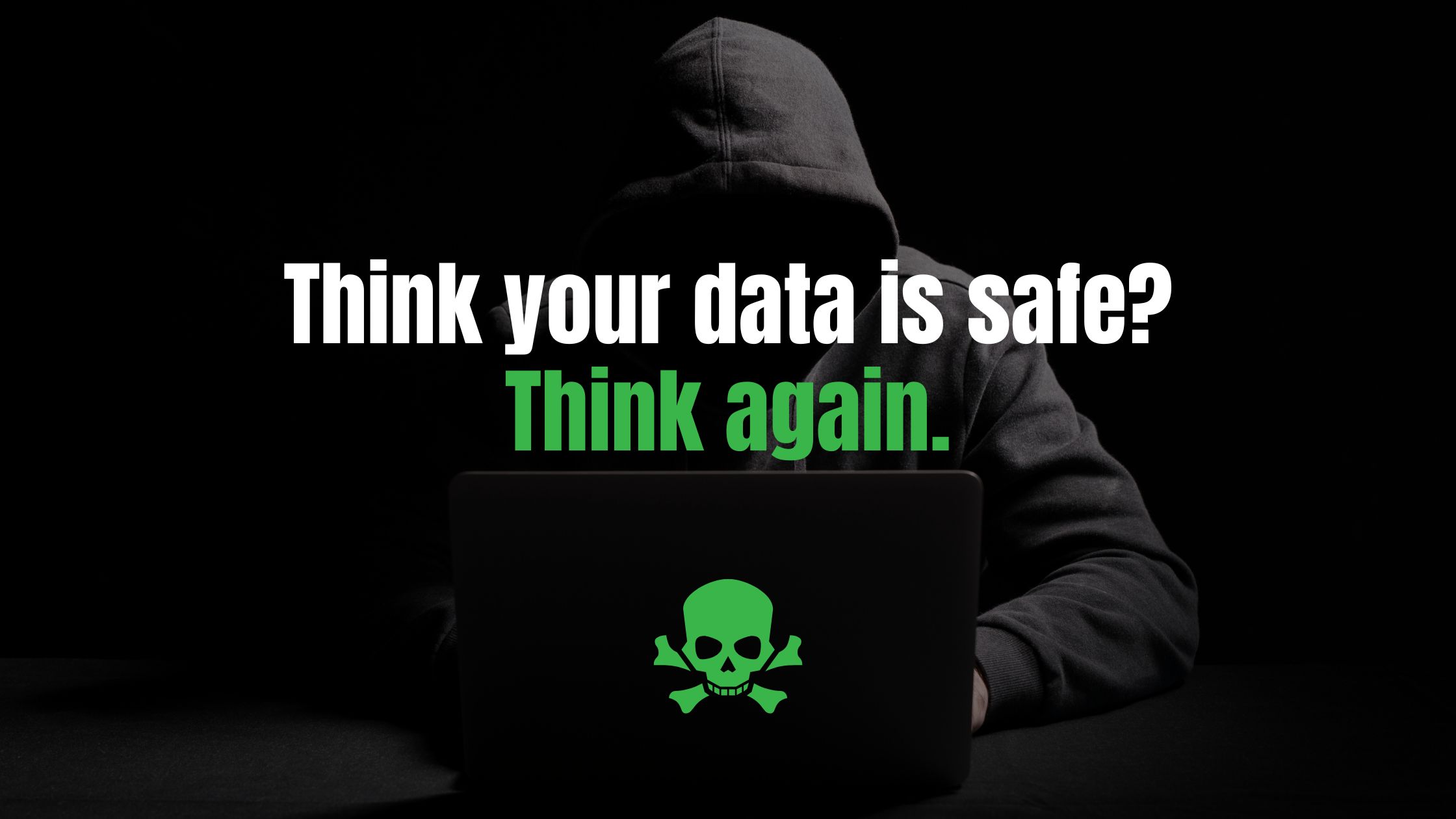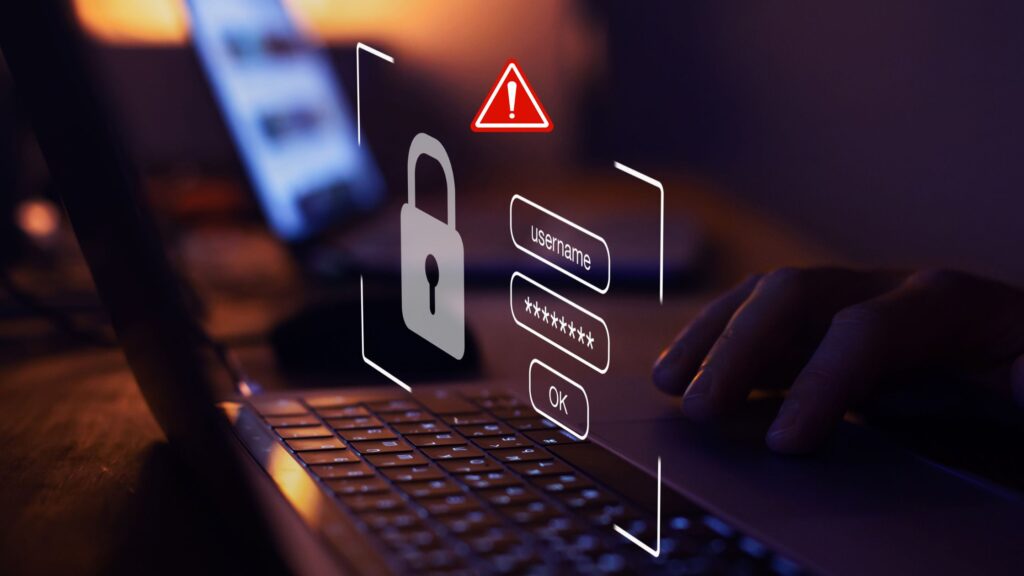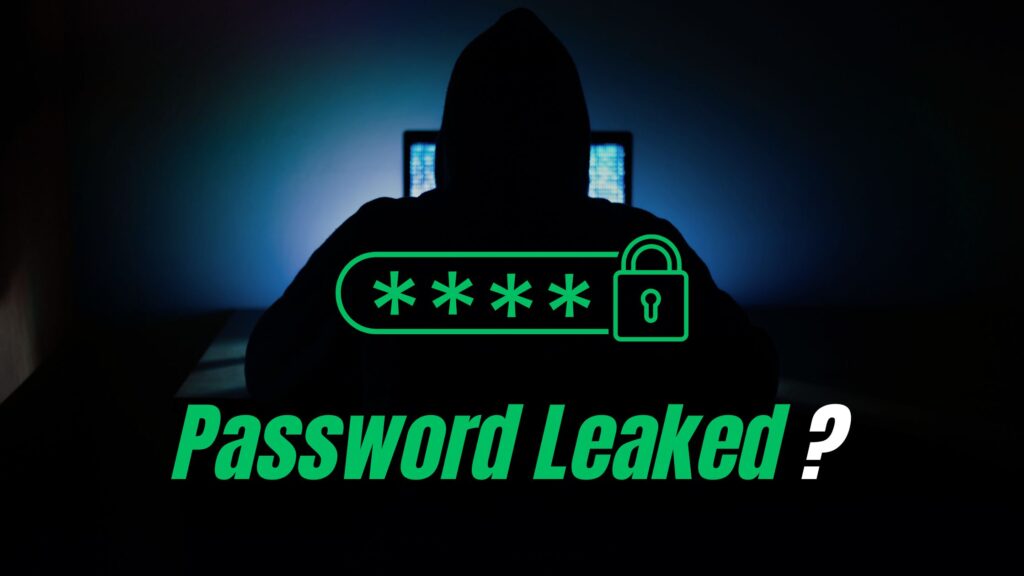Spoiler: It’s happening right now, and you probably gave them permission.
Picture This:
You’re scrolling through a quiz on “Which Type of Bread Matches Your Personality?” Harmless fun, right?
Five minutes later, you’ve traded your name, birthdate, email address, and location—for a baguette.
Congratulations. Your data just entered the wild.
💸 Your Data Is the Real Currency
In 2025, your personal data is more valuable than oil. Think about it:
- Your browsing habits tell advertisers what you crave.
- Your location reveals your routines.
- Your email connects every account you own.
- Your phone number opens the door to scam calls, phishing texts, and worse.
And it all ends up in massive databases sold on the dark web—or worse, legally shared by companies you trust.
🕵️♂️ So, How Does It Happen?
Let’s break it down:
1. You Accept the Terms Without Reading Them
That app you downloaded “for free”? It asked for access to your contacts, photos, and GPS. You clicked “Allow.”
That’s consent.
2. Data Brokers Are Always Watching
There are entire companies—data brokers—whose only job is to collect, combine, and sell your info. They scrape:
- Public records
- Social media posts
- Purchase history
- Loyalty cards
Then they bundle and sell it to:
- Advertisers
- Recruiters
- Insurance companies
- Political campaigns
Oh, and sometimes… hackers.
3. Breaches Happen Constantly
Every year, millions of records are exposed in cyberattacks. If you’ve ever used a major platform—chances are, your info has already been compromised.
(Check your status at haveibeenpwned.com)
🔥 Real Talk: What’s Being Sold?
Here’s what your “profile” might include:
- Full name
- Home address
- Phone number
- Date of birth
- Social Security Number (yes, really)
- Purchase history
- Health data
- Political leanings
On the dark web, a complete identity can go for as little as $10.
🚨 The Creep Factor Is Real
- Ever had an ad pop up about something you only thought about?
- Ever get a call from a “bank” you don’t use?
- Ever feel like your phone is listening?
It’s not paranoia. It’s the system working as designed.
🛡️ What Can You Do?
You can’t go fully off-grid—but you can fight back.
✅ Use a Password Manager
Strong, unique passwords for every site. No repeats. Ever.
✅ Enable 2FA
Two-factor authentication is like locking your front door and setting the alarm.
✅ Use Privacy-Focused Tools
- Browser: Brave or Firefox
- Search: DuckDuckGo
- VPN: Pick a no-log provider
- Email: ProtonMail or Tutanota
✅ Opt-Out of Data Brokers
It’s tedious, but sites like joindeleteme.com or privacyrights.org can help.
✅ Audit Your Apps
Delete anything you don’t use. Revoke unnecessary permissions.
📢 Final Word: Privacy Is a Right, Not a Luxury
The internet wasn’t built with privacy in mind. But your awareness? That’s your first line of defense.
Your personal data is your digital fingerprint. Don’t let it become someone else’s payday.
💬 Sound off in the comments: Have you ever found your data online? What freaked you out the most?
Share this post. Because your friends deserve to know what’s really happening behind the scenes.



